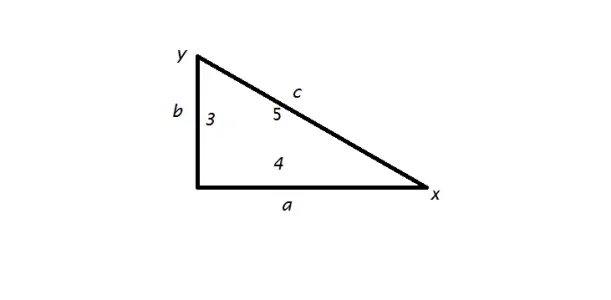Trifoilum
find wisdom, build hope.
- MBTI
- INFJ
- Enneagram
- 6w5
IXTPs, I have a question for you;
What is efficiency for you? What would be the criteria for something to be the most efficient?
I'm close with 3 IXTPs and some theories in my head concerning this are beginning to form, but I guess I need more data before hypothesizing anything.
What is efficiency for you? What would be the criteria for something to be the most efficient?
I'm close with 3 IXTPs and some theories in my head concerning this are beginning to form, but I guess I need more data before hypothesizing anything.

